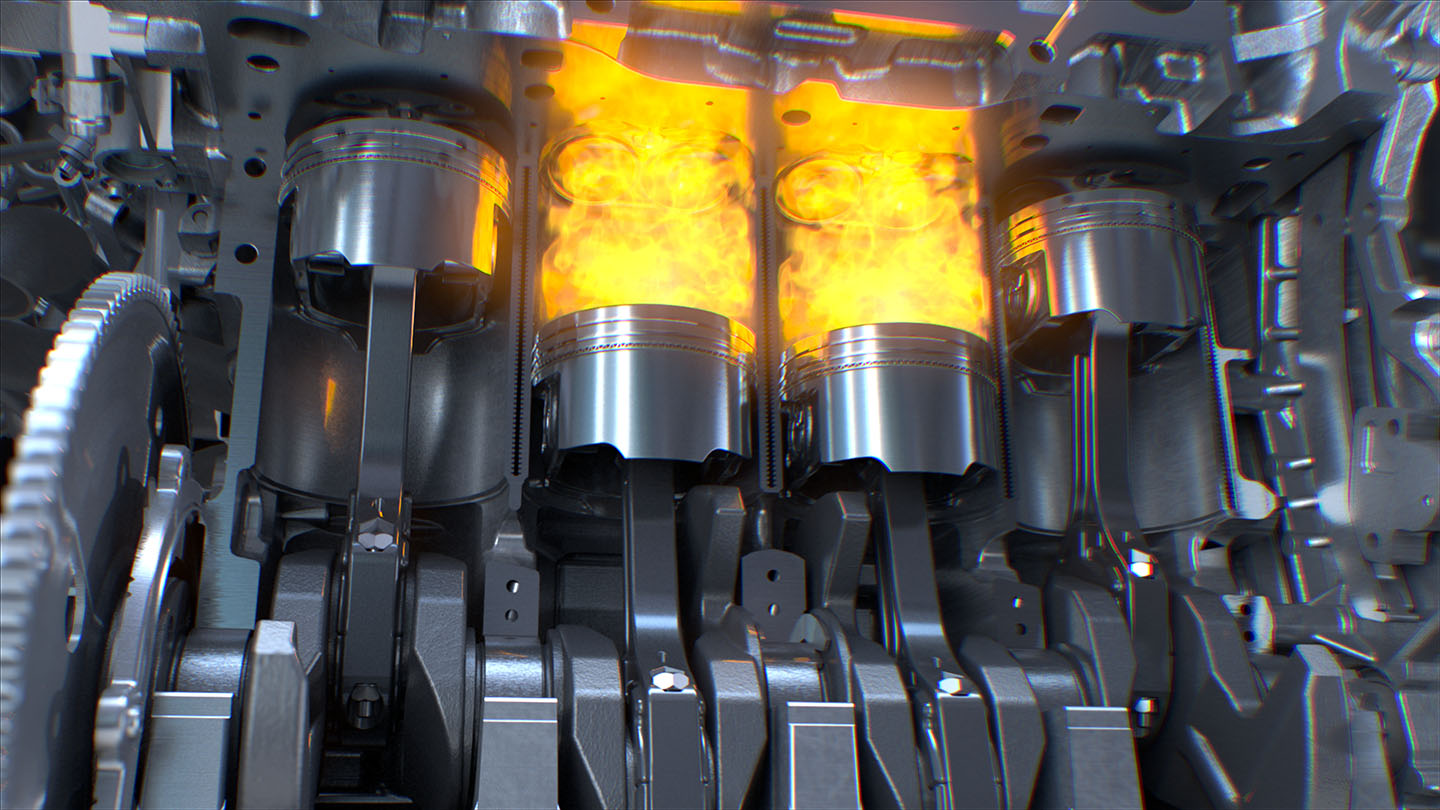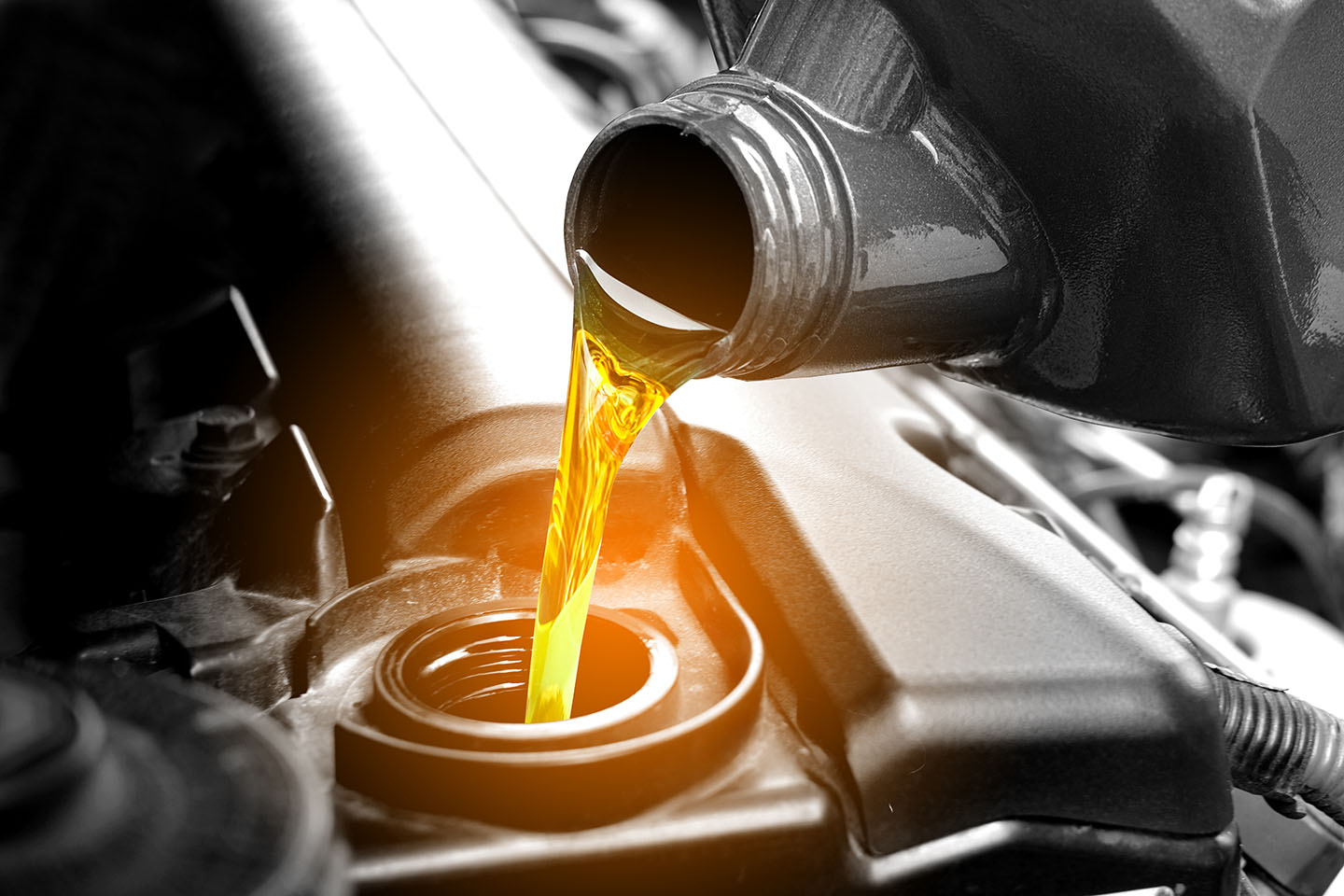What Is Torque?
Jan 15th 2024

VFXartist / Shutterstock.com
The term “torque” is ubiquitous in the auto industry. You can’t buy a car or truck without brushing up against this all-too-important consideration. It’s one of the few specs that will dramatically shape your experience behind the wheel, but many drivers fail to understand the math behind it. Understanding torque and how it powers your engine at various speeds will help you find the ideal workhorse for your hectic schedule.
What Is Torque?
According to BMW, torque is the force of a load acting on a rotational force, and the resulting distance traveled. It is measured in pounds and feet, lb.-ft, a Newton meter (Nm). Essentially, torque measures work or towing power. Imagine a lever arm or wrench hovering horizontally around a pivot point. If you put a 50-pound weight on one side, the wrench would rotate, thus moving the vehicle forward. This is a unit of work.
How to Calculate Torque
Torque measures the weight of the load and the distance at which it is applied. It can be calculated using the equation:
Torque = force x length of the lever arm.
For example, if we have 50 pounds and apply it to a one-foot lever arm, we will produce 50 lb.-ft. of torque. We get the same figure when applying 25 pounds of weight to a two-foot lever arm (25 x 2 = 50).
What Is Torque in a Car or Truck?
In a truck or car, the pressure created through internal combustion acts on the piston, which pushes the piston down, completing one stroke. This acts on the drivetrain, which causes the wheels to turn. Several factors affect the torque rating of a vehicle. Having a larger engine puts more gas on the piston with every stroke, which increases the force. A longer piston head increases the length of the lever arm, moving the vehicle further along with each rotation.
The torque is only as reliable as the rest of the engine. Broken piston rings, clogged fuel injectors, inefficient cooling and oil problems will sap the engine’s power and its ability to accelerate at low speeds. Replace worn diesel truck parts to keep the manufacturer’s torque rating within reach.
Discover All of Our Diesel Products
How Does Speed Affect Torque?
Torque isn’t to be confused with horsepower or total power output, which is another headline specification when buying a new vehicle. Horsepower, hp, measures torque over time to illustrate how quickly the vehicle can perform work. The term comes from Scottish inventor James Watt, who set out to measure the output of a steam engine. He found a horse could lift 330 pounds and move 100 feet in one minute, which equals one “horsepower.”

BeachfrontPhoto / Shutterstock.com
If we think of this figure in terms of torque, we get 330,000 lb.-ft. (330 x 100 = 330,000).
An engine gets its power from high torque and speed. They are inverted from each other, with engines getting more torque at lower speeds and more power at higher speeds. The torque rating will vary based on the number of rotations per minute (RPMs) or how fast the engine is running. High torque at low RPMs will help the vehicle move from rest even when hauling a heavy load. As the speed increases, the torque declines, and the total output increases.
Once peak torque is reached, the vehicle will no longer accelerate faster, and the output will remain near constant. If the power output starts to drop, the driver will shift up the gears to unlock higher speeds, thus diminishing torque. The size of the turbocharger will affect speed, torque and output. This component forces more compressed air into the engine to produce more power. A smaller turbocharger can work at lower RPMs to increase torque at low speeds. A large turbocharger needs more RPMs to kick in, increasing max power output and torque.
If you suddenly lose power or fail to reach max torque, there could be a problem with the turbo actuator, which acts as a pressure relief valve based on how much air the engine needs to run. Replace the turbo actuator to resolve the problem.

Me dia / Shutterstock.com
Why Does Torque Matter?
The torque rating will help determine how quickly your vehicle can accelerate when hauling a heavy load. More torque is vital when driving a trailer uphill, stopping and starting on a dime and getting traction at low speeds. It helps to have more torque when running a fleet truck or working at low speeds. If you want to increase power output across long distances, focus on the max Hp instead of torque. Diesel engines come with higher torque at low RPMs to help these vehicles move heavy loads gracefully.
If you’re having trouble getting the torque out of your engine, there could be a problem with the torque converter, which converts the energy into hydraulic pressure that moves the gears. Find out if the problem is a bad torque converter vs. a bad transmission based on the symptoms. Keep these torque facts and considerations in mind to find the right truck for the task at hand.
